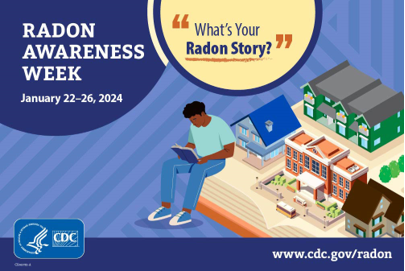Public Health Valentines
Happy Valentine's Day from MaineTracking!
What makes the perfect gift for the special Valentine in your life? A visit from a certified radon contractor? Fresh batteries for the carbon monoxide detector? While these Valentine’s gifts may seem unconventional, you can be certain they are being given by someone who cares about you and wants to be your Valentine for years to come. Share these Public Health Valentines and learn more about ways you can protect your loved ones from environmental health concerns in Maine.
